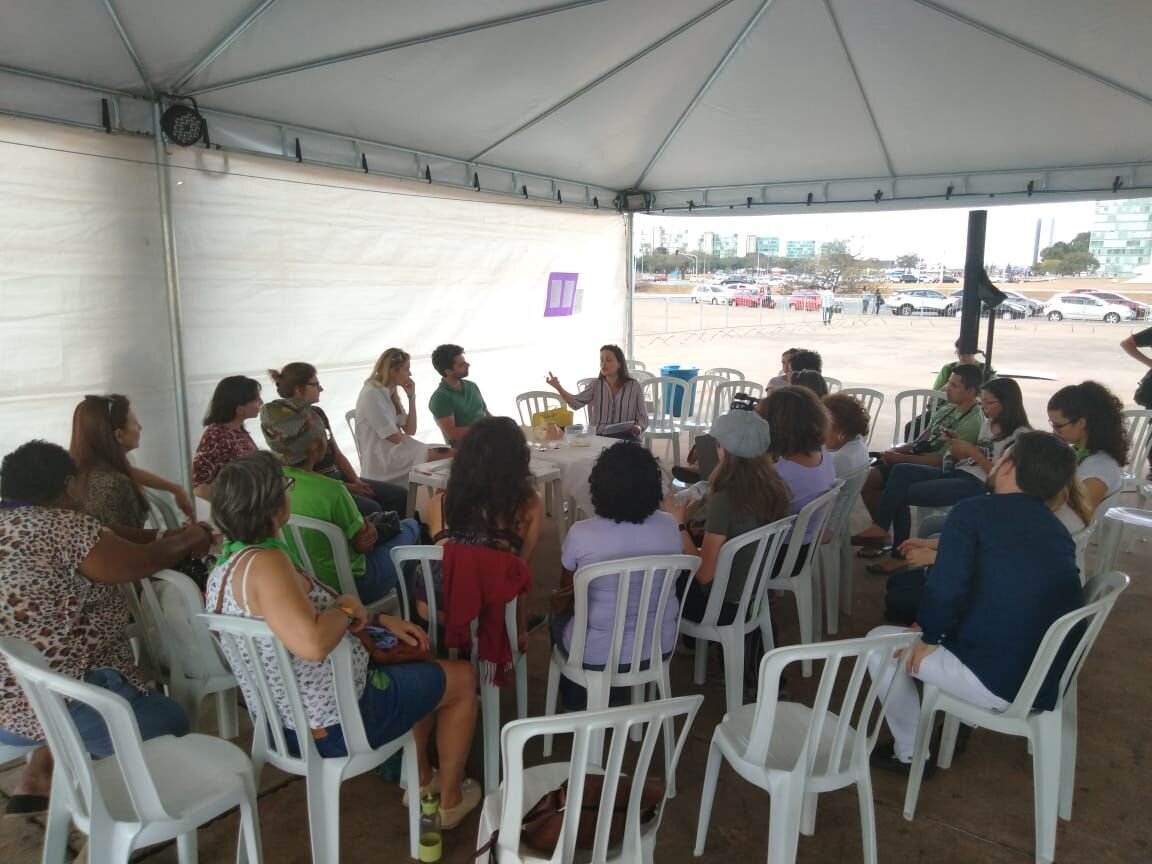Março pela vida de todas as mulheres: enfermeiras na linha de frente
O artigo publicado pelo Sindicato de Enfermeiros do Distrito Federal – SindEnfermeiro-DF, destaca a importância do mês de março na luta pelos direitos das mulheres, tanto internacionalmente quanto no Brasil, onde há um aumento alarmante Leia mais



